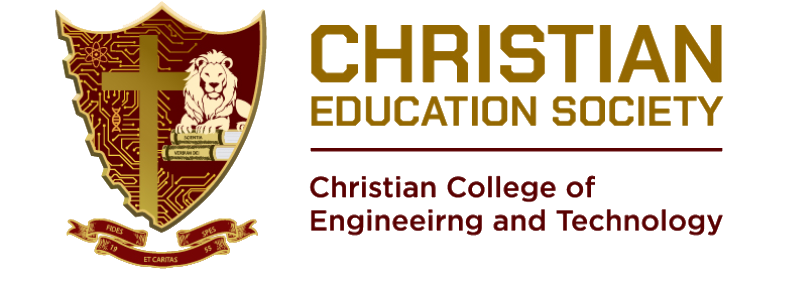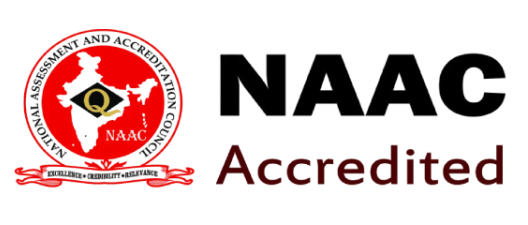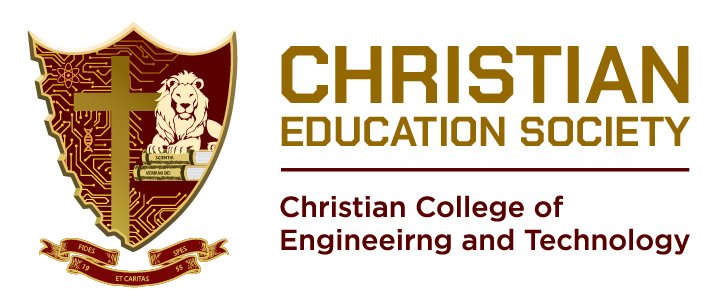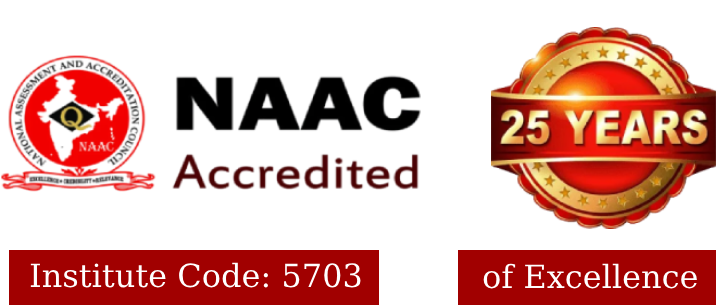B.E - CSE (Artificial Intelligence and Machine Learning)
About Department
The Department of Computer Science and Engineering (Artificial Intelligence & Machine Learning) is committed to fostering innovation, research, and industry-driven education in the field of AI and ML. With a strong foundation in computer science principles, our program equips students with the skills to design intelligent systems, develop machine learning models, and leverage AI technologies across various domains.
Vision
To be a center of excellence in Artificial Intelligence and Machine Learning, producing globally competent professionals who contribute to technological advancements and societal well-being.
Mission
To provide quality education in AI & ML through a well-structured curriculum and hands-on learning.
To encourage innovative research and problem-solving in real-world AI applications.
To collaborate with industry and academia for knowledge exchange and skill enhancement.
To foster an entrepreneurial mindset and prepare students for global careers in AI.
Program Specific Outcomes (PSO’s)
The Students will be able to
- Exhibit design and programming skills to build and automate business solutions using cutting edge technologies.
- Strong theoretical foundation leading to excellence and excitement towards research, to provide elegant solutions to complex problems.
Program Outcomes (Pos)
PO | Graduate Attribute |
1 | Engineering knowledge: Apply the knowledge of mathematics, science, engineering fundamentals, and an engineering specialization to the solution of complex engineering problems. |
2 | Problem analysis: Identify, formulate, review research literature, and analyze complex engineering problems reaching substantiated conclusions using first principles of mathematics, natural sciences, and engineering sciences. |
3 | Design/development of solutions: Design solutions for complex engineering problems and design system components or processes that meet the specified needs with appropriate consideration for the public health and safety, and the cultural, societal, and environmental considerations. |
4 | Conduct investigations of complex problems: Use research-based knowledge and research methods including design of experiments, analysis and interpretation of data, and synthesis of the information to provide valid conclusions. |
5 | Modern tool usage: Create, select, and apply appropriate techniques, resources, and modern engineering and IT tools including prediction and modeling to complex engineering activities with an understanding of the limitations. |
6 | The engineer and society: Apply reasoning informed by the contextual knowledge to assess societal, health, safety, legal and cultural issues and the consequent responsibilities relevant to the professional engineering practice. |
7 | Environment and sustainability: Understand the impact of the professional engineering solutions in societal and environmental contexts, and demonstrate the knowledge of, and need for sustainable development. |
8 | Ethics: Apply ethical principles and commit to professional ethics and responsibilities and norms of the engineering practice. |
9 | Individual and team work: Function effectively as an individual, and as a member or leader in diverse teams, and in multidisciplinary settings.
|
10 | Communication: Communicate effectively on complex engineering activities with the engineering community and with society at large, such as, being able to comprehend and write effective reports and design documentation, make effective presentations, and give and receive clear instructions.
|
11 | Project management and finance: Demonstrate knowledge and understanding of the engineering and management principles and apply these to one’s own work, as a member and leader in a team, to manage projects and in multidisciplinary environments.
|
12 | Life-long learning: Recognize the need for, and have the preparation and ability to engage in independent and life-long learning in the broadest context of technological change.
|

Dr.C.SUNDAR, M.E.,P.hD.,
DEAN – RESEARCH,
Professor & Head,
Department of CSE [AIML].
Welcome to the Department of Computer Science & Engineering (Artificial Intelligence and Machine Learning) [CSE – AIML] at Christian College of Engineering & Technology. As the Head of Department, I am delighted to lead and to explore the frontiers of AI and ML through our department.
Our department is committed to providing a good education and research environment that fosters innovation, creativity, and critical thinking. We strive to equip our students with the knowledge, skills, and expertise required to succeed in an increasingly complex and interconnected world.
As the Head of Department, I am committed to ensuring that our students receive a better education that prepares them for successful careers in AI and ML. I encourage our students to explore the vast possibilities of AI and ML, to innovate, and to push the boundaries of what is possible.
Dr. C. SUNDAR, M.E.,P.hD.,
DEAN – RESEARCH,
Professor & Head,
Department of Computer Science and Engineering [AIML].
Christian College of Engineering and Technology.

CHRISTINA ANGEL R
M.E CSE
Assistant Professor
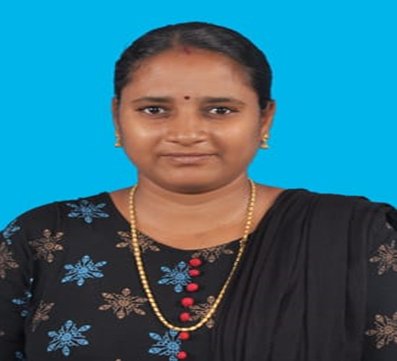
POOBATHI P
M.E CSE
Assistant Professor
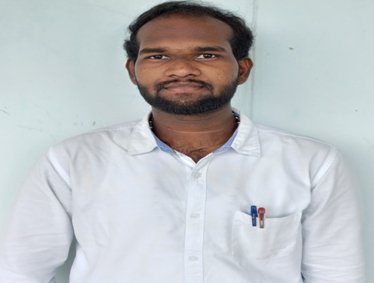
DARWIN PANDIARAJ V
M.E CSE
Assistant Professor
Program Educational Objectives (Peos)
Graduates can 1. Apply their technical competence in computer science to solve real world problems, with technical and people leadership. |
2. Conduct cutting edge research and develop solutions on problems of social relevance. 3. Work in a business environment, exhibiting team skills, work ethics, adaptability and lifelong learning. |
